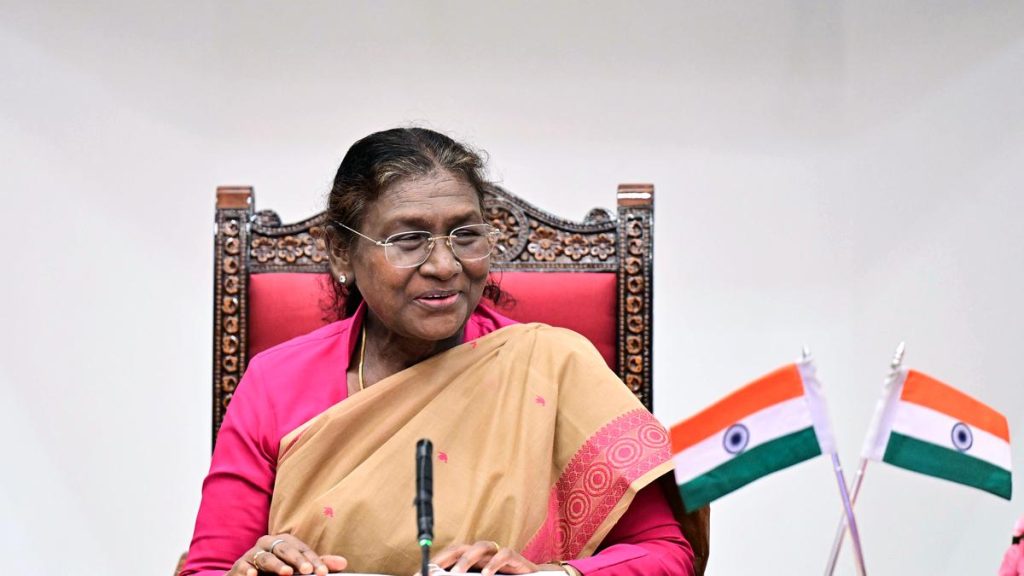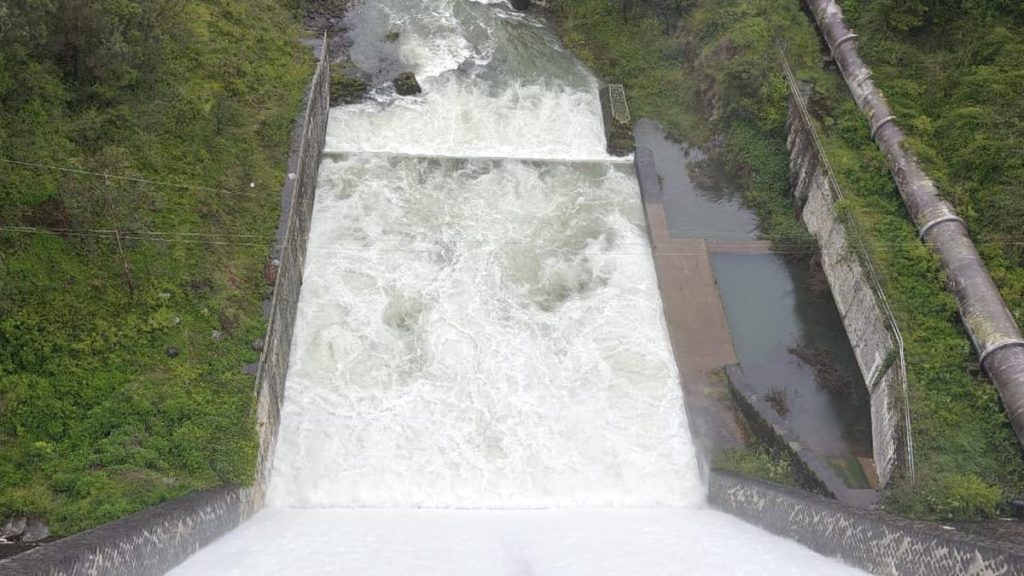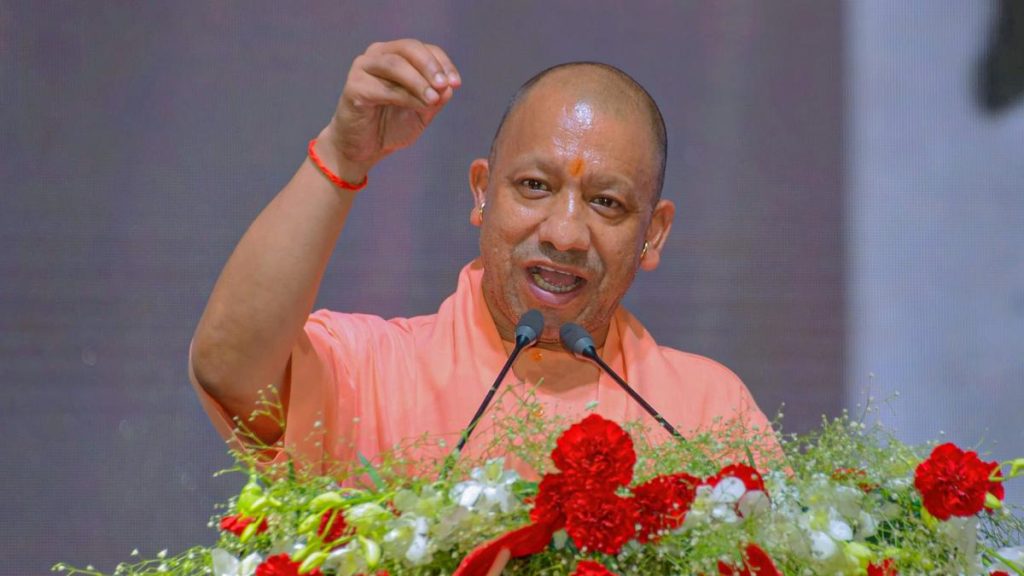Now Reading: DNA Networks Challenges Stampede Inquiry Report in Karnataka HC
-
01
DNA Networks Challenges Stampede Inquiry Report in Karnataka HC
DNA Networks Challenges Stampede Inquiry Report in Karnataka HC

Quick Summary
- DNA Entertainment Networks Pvt. Ltd., an event management company, has approached teh Karnataka High Court challenging the report by a one-man commission of Inquiry regarding the stampede outside M. Chinnaswamy Stadium in Bengaluru on June 4 during Royal challengers Bengaluru’s victory celebrations.
- The inquiry was conducted by retired High Court judge John Michael Cunha under the Commissions of Inquiry (CoI) Act, 1952, and submitted to the government on July 11.
- DNA alleges bias in the commission’s report, claiming it operated as a fault-finding body rather than a fact-finding one and that procedural violations occurred during its proceedings.
- Key allegations include:
– No prospect for cross-examination of witnesses was provided to DNA.
– The petitioner did not receive depositions or marked documents despite formal requests but noted these where leaked to media outlets.
– A personal hearing was requested but denied before adverse remarks were made reportedly affecting reputations unfairly.
– DNA claims the inquiry process appeared hastily conducted and aimed at shielding government accountability while scapegoating others.
Indian Opinion Analysis
This case raises vital questions about openness and procedural fairness in inquiries following public incidents like stampedes. Events involving large crowds demand rigorous safety planning; thus any follow-up inquiry must uphold impartiality and due process to ensure accountability without prejudice.
DNA Entertainment’s challenge underscores legal concerns about witness rights and natural justice as prescribed under laws governing Commissions of Inquiry. Failure to provide access to documents or permit cross-examinations could undermine confidence in institutional findings meant for public trust.Moreover, allegations of media leaks point toward broader systemic issues around confidentiality-a matter requiring serious introspection from all stakeholders including governments conducting inquiries. Should such lapses persist unaddressed, it risks disenfranchising entities involved while possibly limiting credibility attached even where faults genuinely identified exist.
Continuous vigilance balancing fairness alongside full-fledged efforts curbing crowd catastrophe may act restoratively nationwide toward extractive resolutions incentivizing event value yet ensuring safety primacy overlapping partisan lean removing implications PR-weight unfair driven totals transparencies intact diverse consultees voices.setup onward-principled robust circular rannsókn ddressed systemic-ever flaws
























